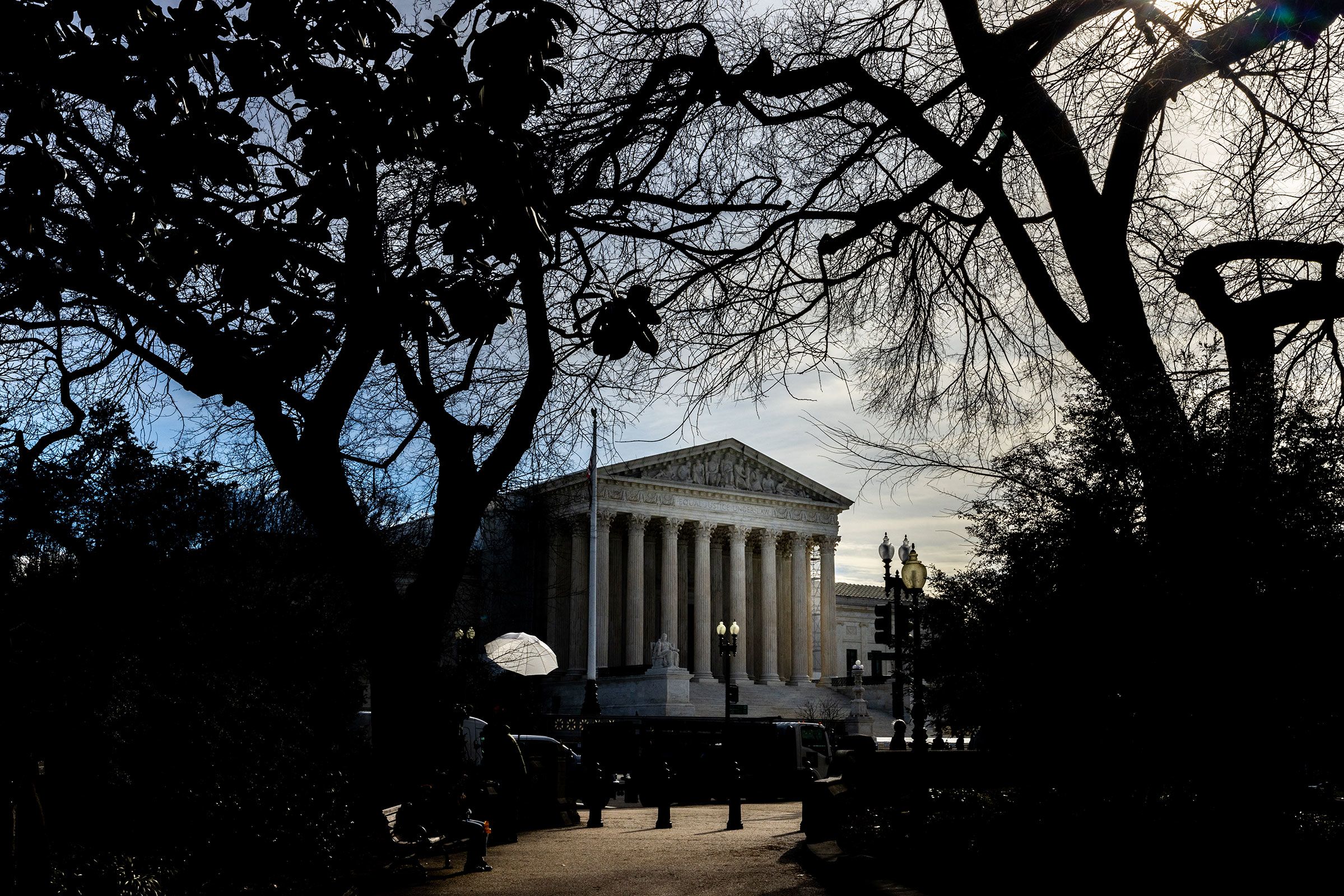In a final attempt to delay a trial concerning election subversion charges, former President Donald Trump presented his case to the Supreme Court on Thursday. Trump’s 16-page filing emphasized the urgency of the matter, arguing that the trial should not proceed in less than three months.
Trump’s argument hinges on the assertion that former presidents should be immune from such charges to prevent political retaliation post-office. However, this argument has been rejected by two lower federal courts. The Supreme Court’s decision on Trump’s request is anticipated within the next few days.
With Trump’s final brief now in the hands of the Supreme Court, the timing of the trial is a critical issue. The justices could either deny Trump’s emergency request to temporarily halt a DC Circuit ruling against him on the immunity issue, or they could agree to further consider his case. The former would pave the way for a US District court in Washington, DC, to schedule a trial on the underlying election charges, which special counsel Jack Smith is keen to resolve before the November election. The latter could potentially delay the trial for several months.
On Monday, Trump appealed to the Supreme Court to overturn a unanimous decision from the DC Circuit last week that dismissed his claims of immunity from the election subversion charges. Trump warned the Supreme Court that without immunity from criminal prosecution, the presidency as we know it could be threatened.
Two days later, ahead of the deadline, Smith countered in his own brief that Trump had not met the standard to halt proceedings in his case. Smith emphasized the gravity of the charges, stating, “The charged crimes strike at the heart of our democracy. The public interest in a prompt trial is at its zenith where, as here, a former president is charged with conspiring to subvert the electoral process so that he could remain in office.”
It generally requires the support of five justices to secure a pause in proceedings. The Supreme Court’s decision is eagerly awaited as it will significantly impact the timing and course of the trial.

